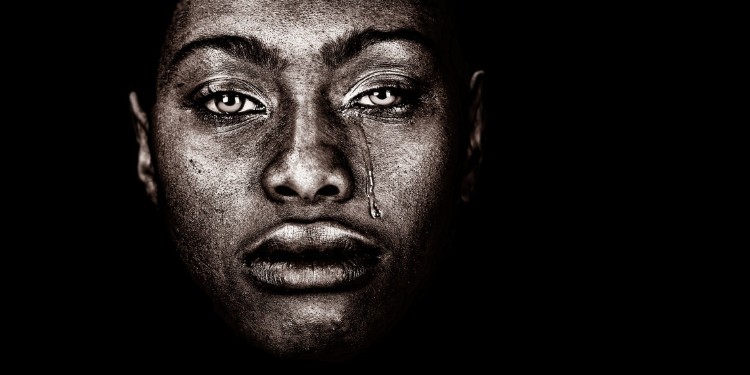It is evening. The man next door is pummeling his wife, slapping and hitting. You hear her screams faintly rise above the sound of the generators. But you know by the simple fact of their daily routine of violence that it is not your business. So, you gulp down your pity, pull out your laptop and Netflix your way out of their problems.
Or maybe it is the colleague at work, the same one with his swollen belly, greyed moustache and midlife crisis who has decided to make the receptionist his latest conquest, a thing to be picked and toyed with, demanding sex in exchange of favours. This scenario, too, is familiar because he has done it before, with the accountant and the HR analyst and the intern from three years ago. But again, it is also not your business. ‘Men are scum.’ You try to convince yourself every evening as you drive away from the young receptionist’s personal problems.
The Look of Injustice
There is a way injustice sits and lives with us, a way we have mastered how to look away – professional minders of our business when abuse is happening. It is not a deliberate or malicious stance, mostly. But this is Nigeria. And a man would be excused almost anything relating to how he treats women. For many of us, our fathers wounded us. Our brothers reminded us of the ‘secondariness’ of our existence, coming always only closely after them. Our husbands hit us then chased after young receptionists at work. Still, we learnt to respond by perfecting the virtue of endurance, bending ourselves to give more and more to certain men who will never get full. All women are strong, right? Another lie we celebrate.
Recently, I read the horrible #AbujaRaidonWomen story on Twitter about young women allegedly picked from the club and raped by Police Officers who used pure water bags as condoms. Some accounts say it was a brothel and that these women were prostitutes. The prostitute part was dangled during on and offline conversations, as though a woman’s choice of life is justification for the violence she faces.
I am glad to see protests happening on Twitter and on the streets of Lagos. Especially because a few years ago, people first complained about similar raids targeted at women in Abuja. But those with the real power to effect change chose silence, did nothing. So ye, I am glad, that even though some people were asked to mind their business when they expressed their outrage online, they still refused to stay silent. Or to look away. I am glad that we as women, as humans, are unlearning what it means to face our front. Because injustice that is not addressed in the society will keep collecting and collecting until it takes from all of us.
In conclusion
We should all join a protest where we can. Speak up online–trust me, it counts. The insensitive Police Complaints rep who went on about the women being prostitutes (without proof) has been redeployed after an outcry on social media. You may not be able to join a protest or speak online (we all have different personalities, anxieties, and don’t have to contribute in the same ways) but there are other things you can do. Start by giving yourself permission to feel. Resist the impulse to drown out the emotions. Linger a little more on this news of violence. Next time, listen to the woman complaining of abuse. Believe her. And most importantly, ask myself, more consciously and more consistently: How has my silence empowered abusers? How can I make a difference?
